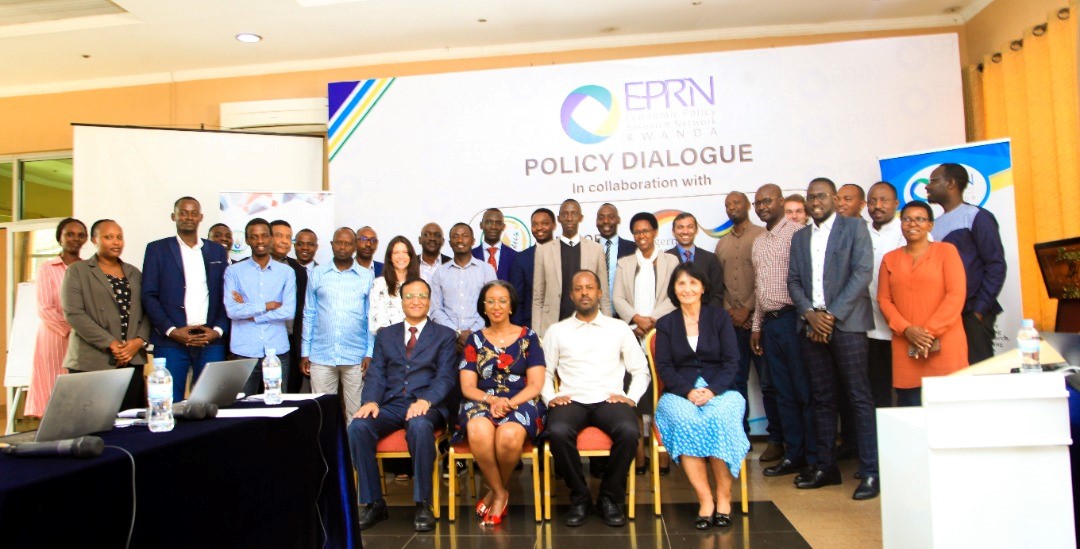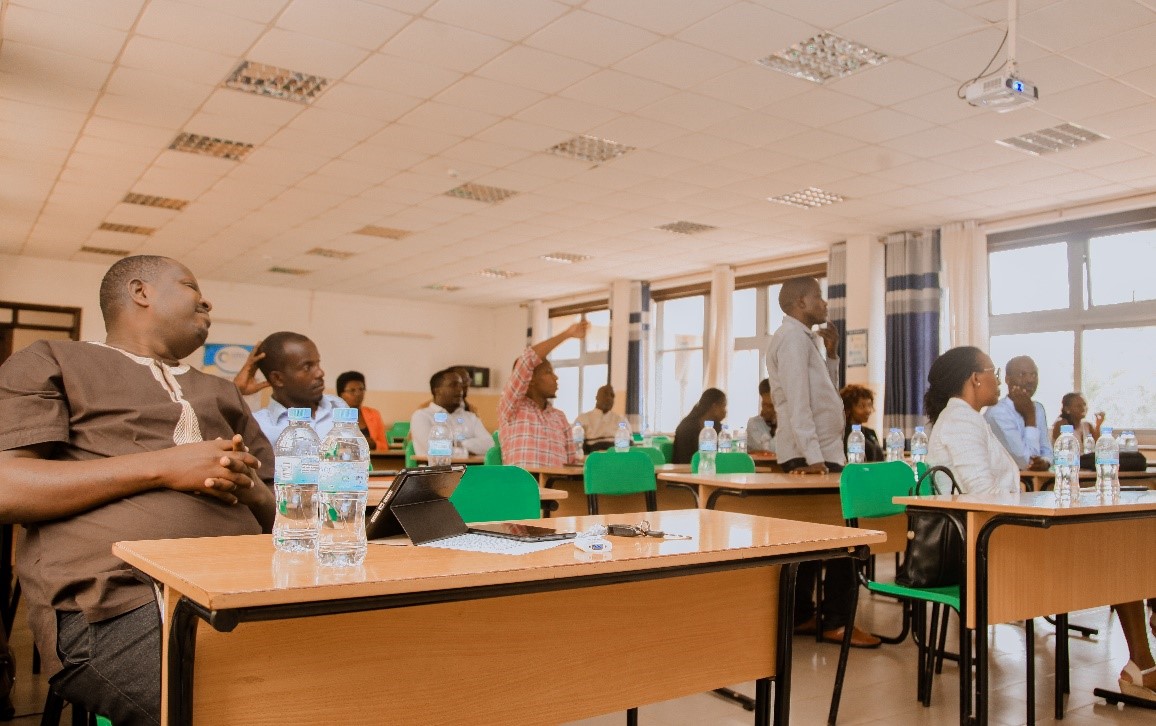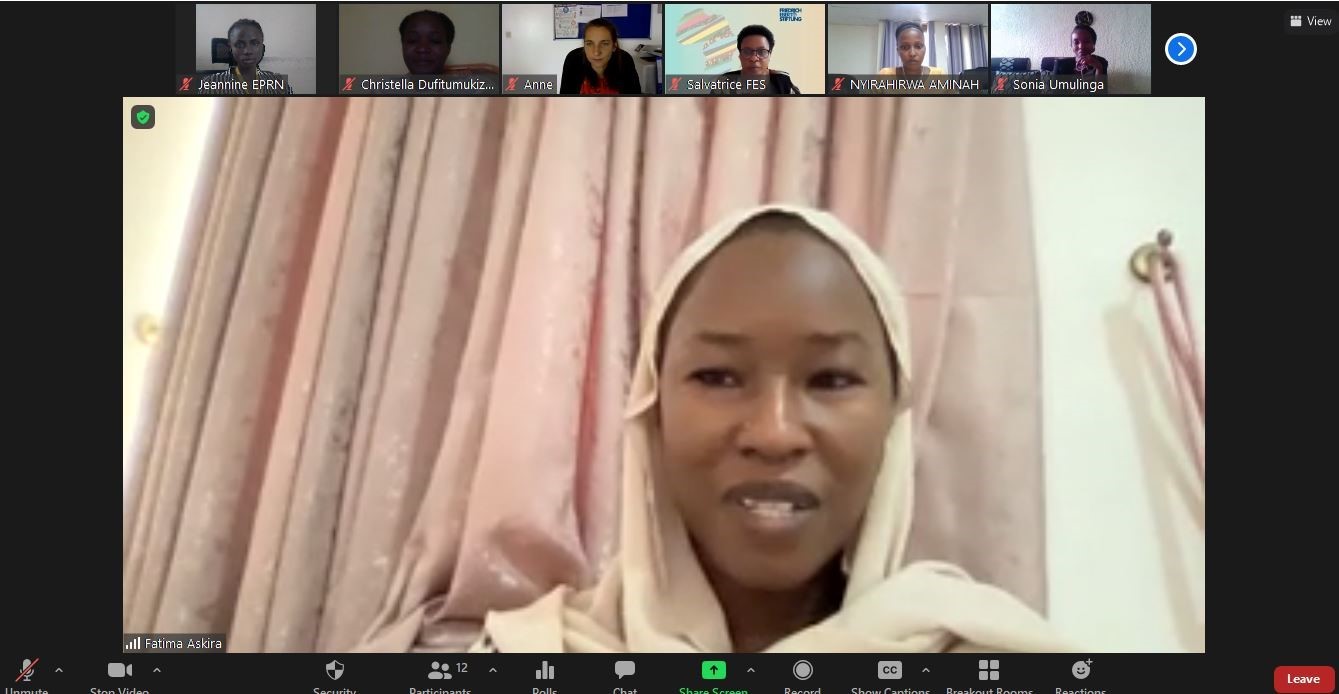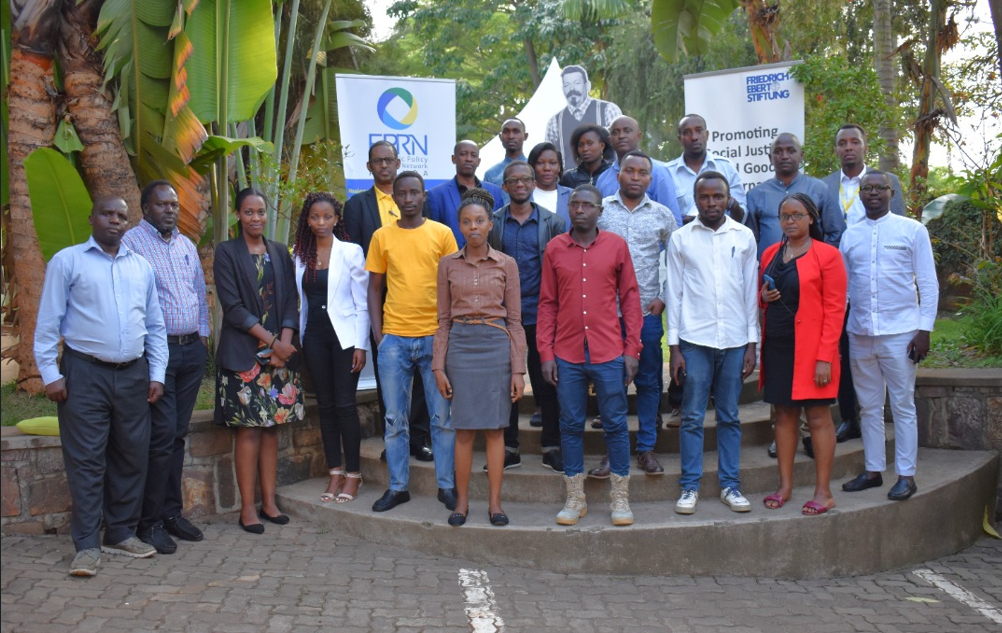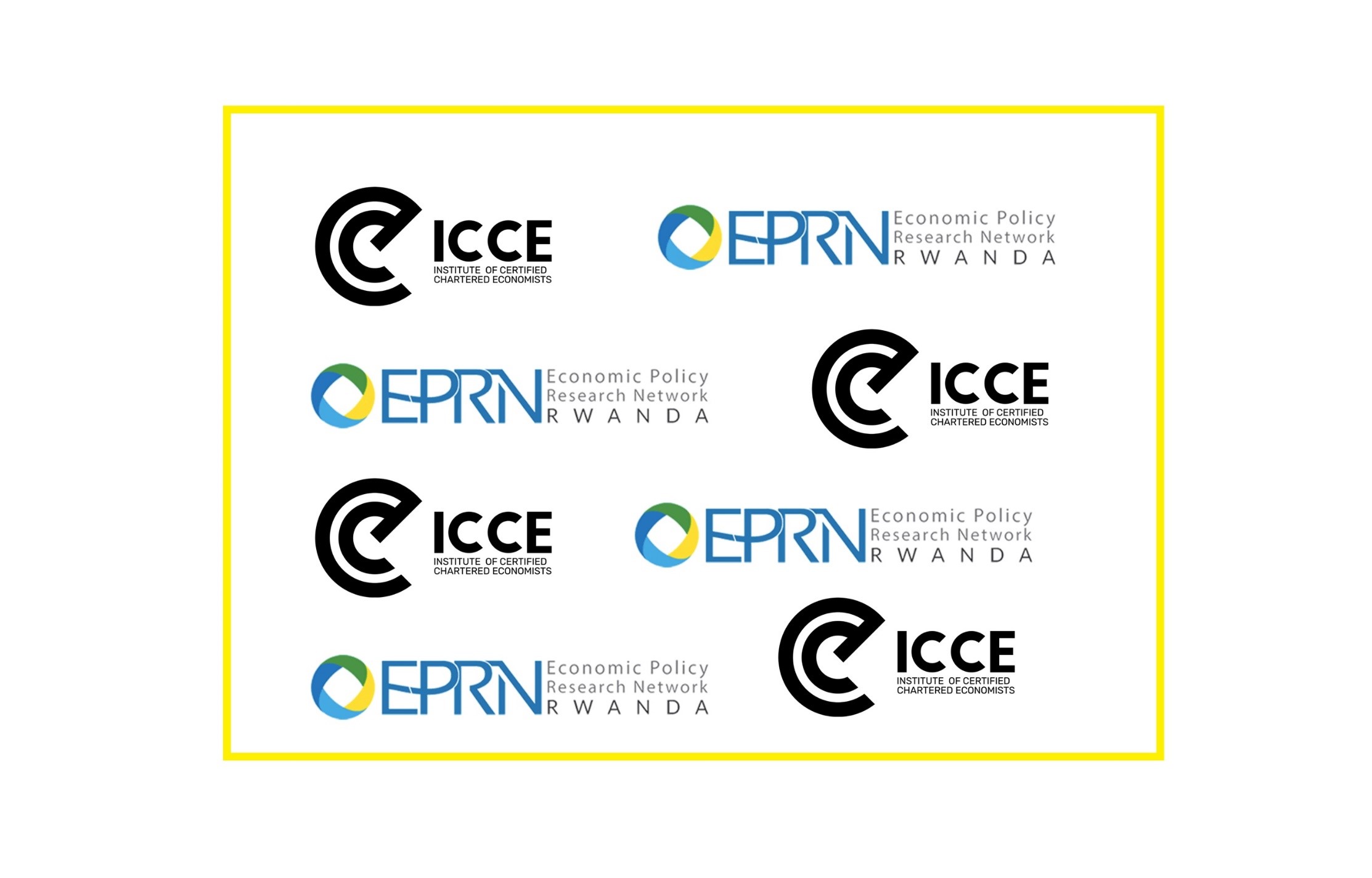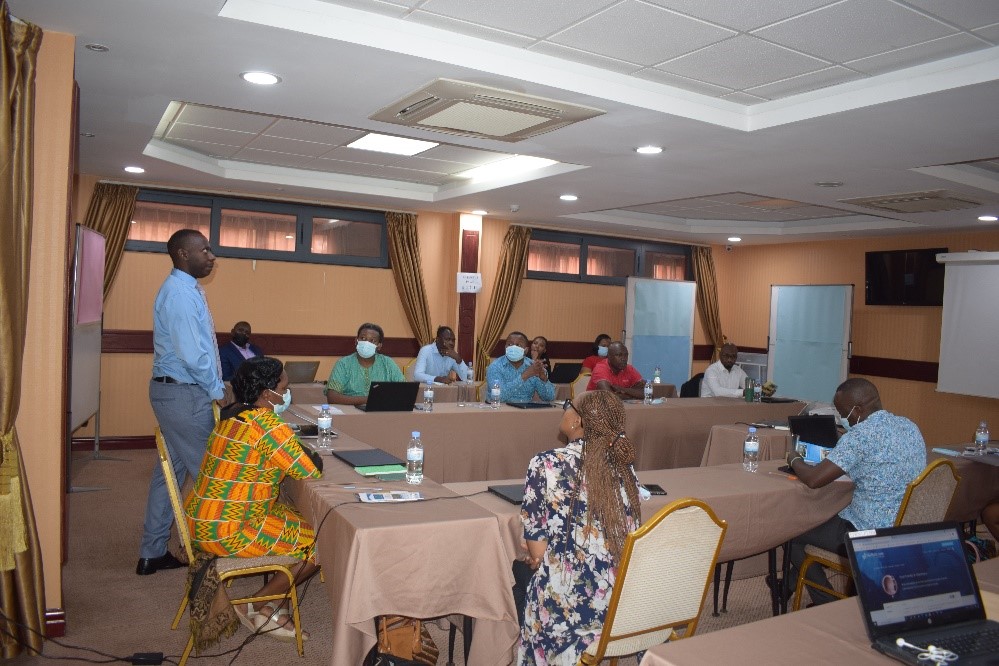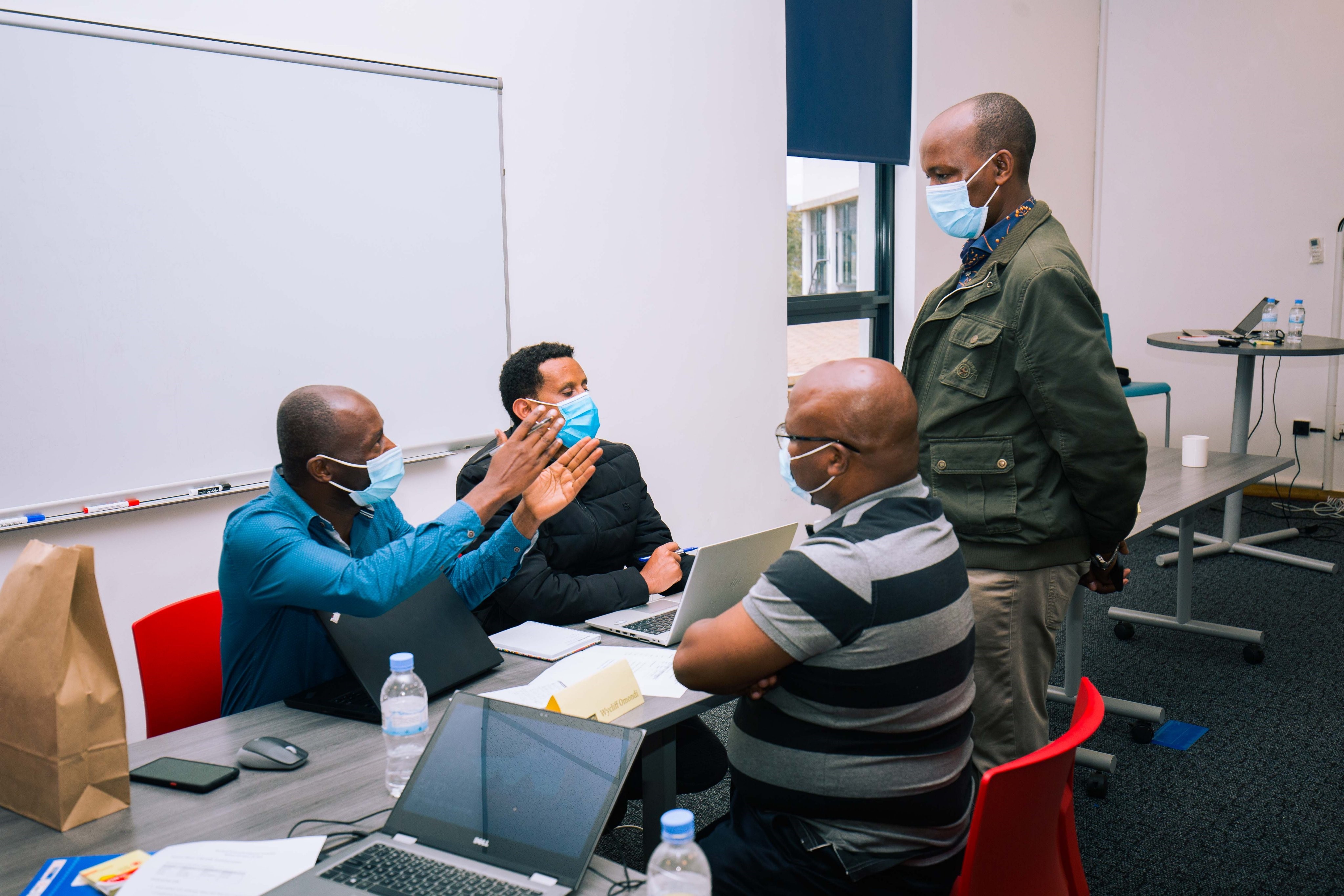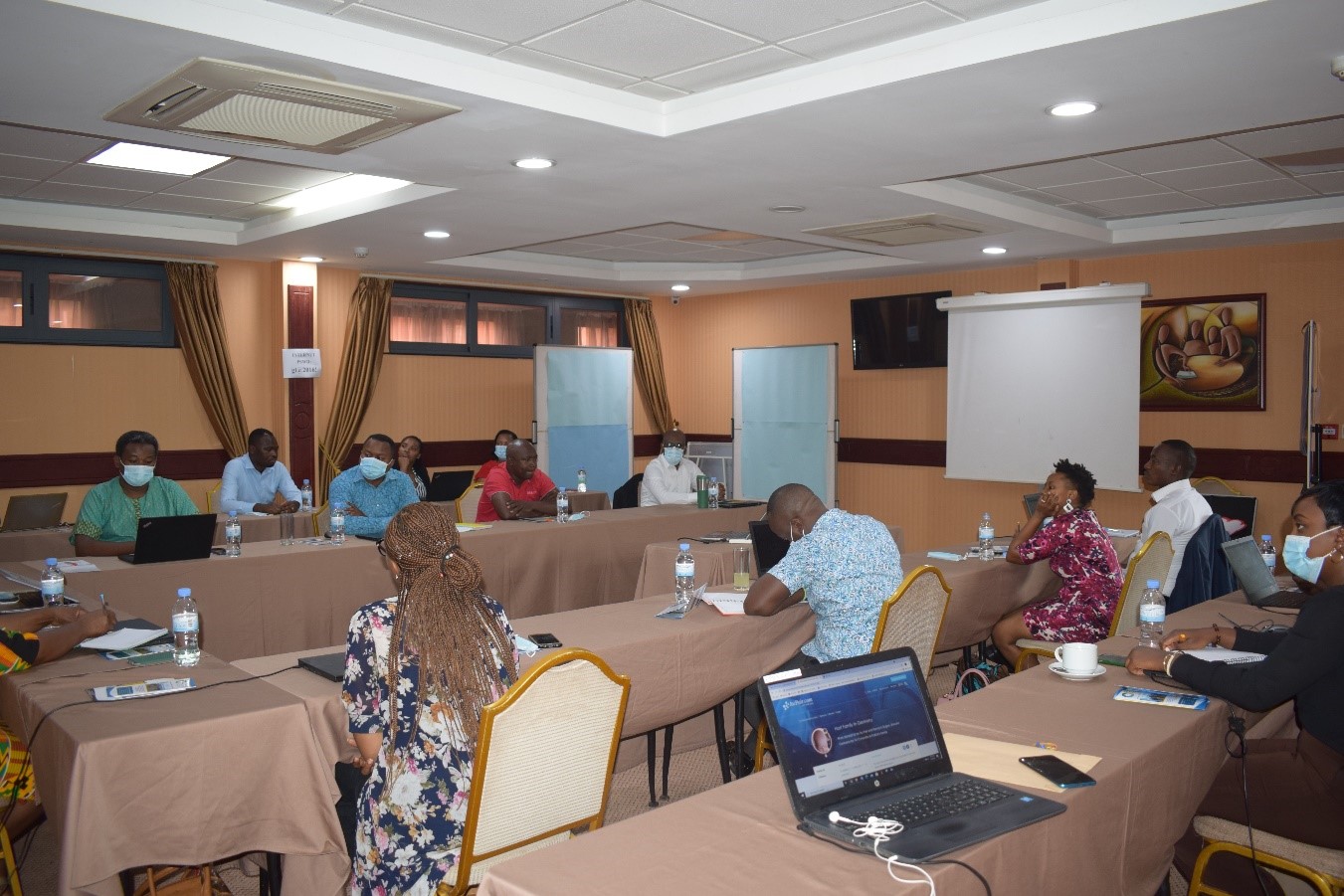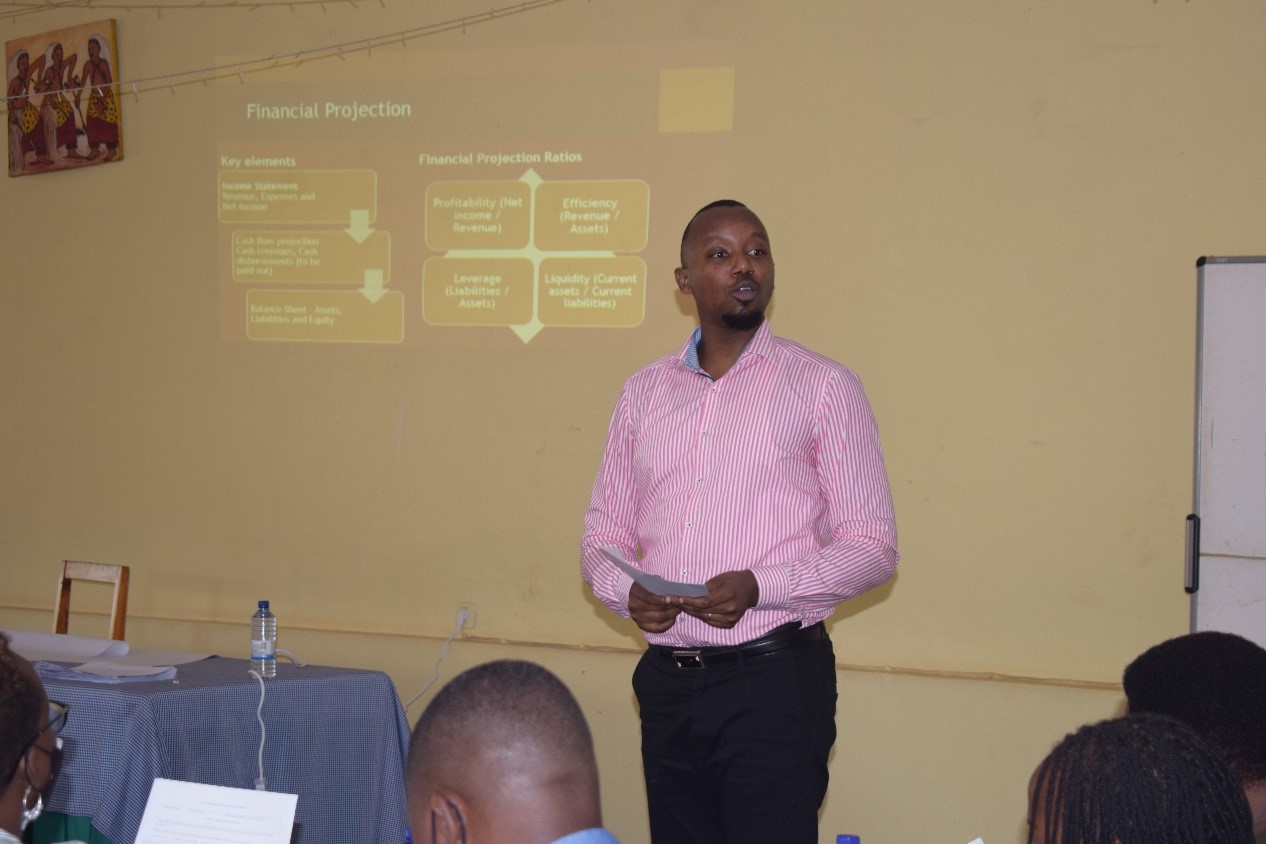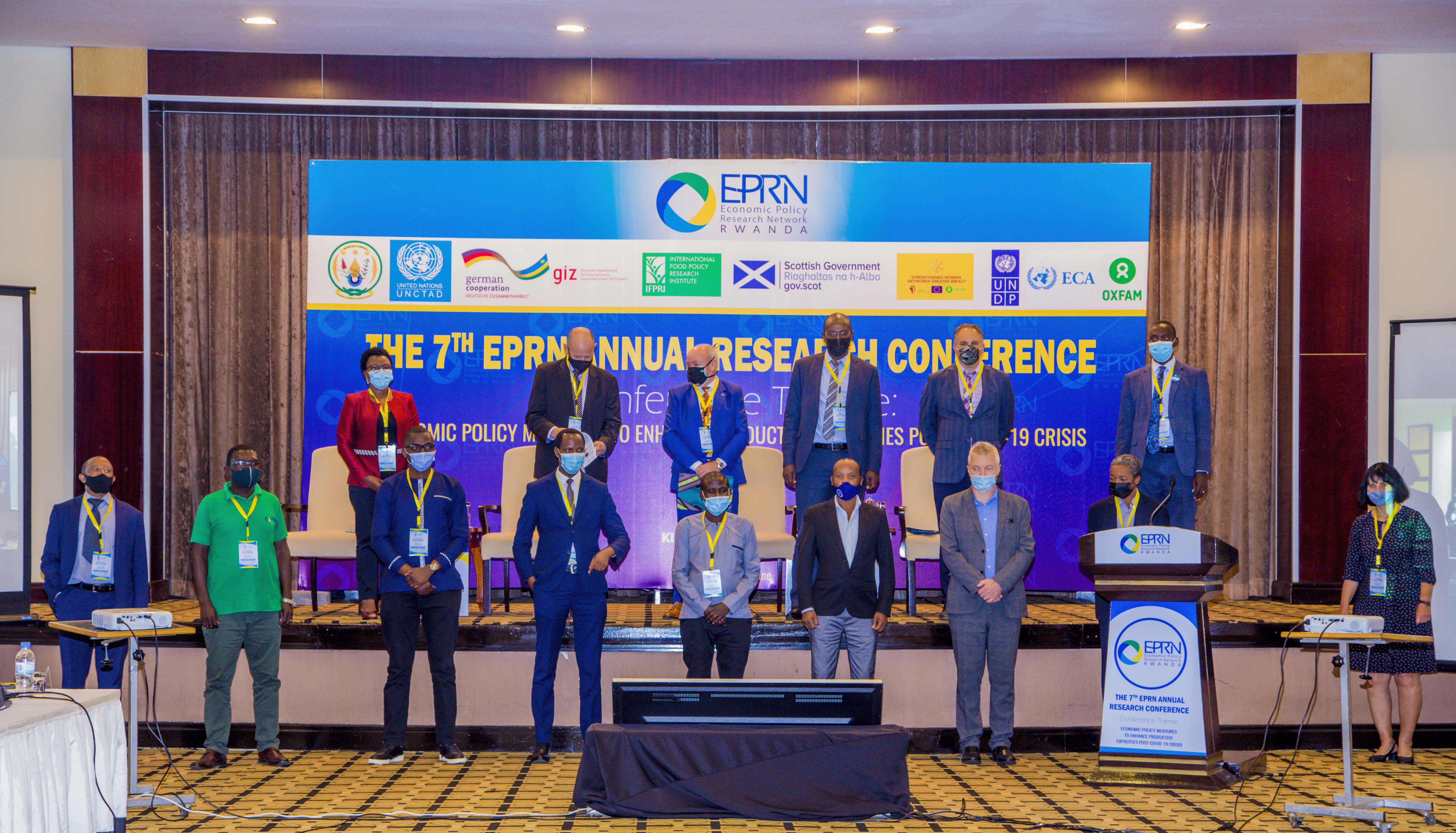Call for application : Professional Training on “Poverty Analysis using STATA”
Venue : Virtual Training by use of MS Teams
29th to 30th August 2020 and 05th September 2020 (9AM – 4PM)
1. Introduction
This three days training program will give an overview to participants of poverty analysis, definition and trends as well as its causes, specifically in Rwanda. The training will approach the topic from an empirical point of view describing results from empirical studies on Rwanda and trying to reproduce them using STATA. The level required is basic econometric and statistical knowledge. An introduction to STATA software will be given.
2. Training Objective
The training objective is to ensure participants have enhanced capacity and understanding in :
• Measuring poverty using monetary or non-monetary indicators
• Explaining the determinants of poverty taking the example of Rwanda
• Explaining the impact of some social protection programs on Poverty in Rwanda
• Econometric modelling using STATA.
3. Outcomes
After the training, participants are expected to be able to :
• Analyze poverty trends taking the example of Rwanda
• Explain what are the different elements that may cause poverty
• Explain what is poverty through the different concepts and definitions
• Use STATA to run basic regressions
• Use STATA logs
• Interpret results from econometric estimations using poverty
• Assess the impact of a particular policy on poverty.
4. Training methods
The training course will be run in a workshop style with a high degree of participant involvement. Adult learning methodologies will be employed, and participants will not be passive. Debate and discussion will be encouraged. The trainer will use a mix of presentations to define and explain key concepts and practical exercises using STATA.
5. Certificate
EPRN will issue completion certificates to participants who successfully attended the course and pass the course test.
Note : At the end of the course, the trainer will deliver a test, and ONLY participants who pass the course with at least 60% will get the certificate. Others will be advised to wait until another training opportunity for the same course (free of charge).
6. Training Fees
• Members : 40,000 Rwf
• Non-members : 100,000 Rwf
7. Application process
Interested applicants are encouraged to pay the registration fees through the following bank details :
• Bank Account : 00040 06945750 07 RWF (Bank of Kigali)
• Title of the Account : Economic Policy Research Network
Scan the bank slip and send it to : info@eprnrwanda.org and copy to : coordinator@eprnrwanda.org OR bring the hard copy of bank slip to EPRN office at UR-CBE Gikondo (former SFB).
8. How to become ‘EPRN Member’ ?
To join our Network, you need to pay membership fees :
• Annual membership fees for individual members : 50,000Rwf for national experts ; and 100,000Rwf for international experts
• Undergraduate students pay 5000Rwf a year, whereas post-graduate students pay 20,000 Rwf. Fresh graduates keep paying the same fees as enrolled students for a period of one year after graduation.
• Annual Membership Fees for Corporate members : Development Partners, INGOs, Ministries and Government agencies pay 2 Million Rwf. Other Institutions like Universities, CSOs/NGOs, Private Companies pay 1 Million Rwf.
Key Membership Benefits are :
(a) Networking with other experts, (b) professional trainings at a discounted rate, (c) free online training, (d) research facilitation (mentorship and presentations), (e) institutions have access to a wide audience for studies’ reports dissemination through policy debates and conferences, (f) institutions have easy access to resource parsons/experts, (g) easy flow of information through a wide network of experts, etc…
If you need further clarifications, call us through : 0788357648 or write to us : info@eprnrwanda.org
Kigali, 18/08/2020
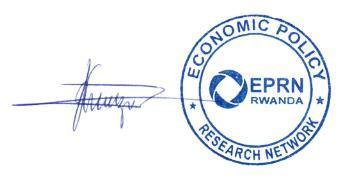
Mr Seth Kwizera
Coordinator





